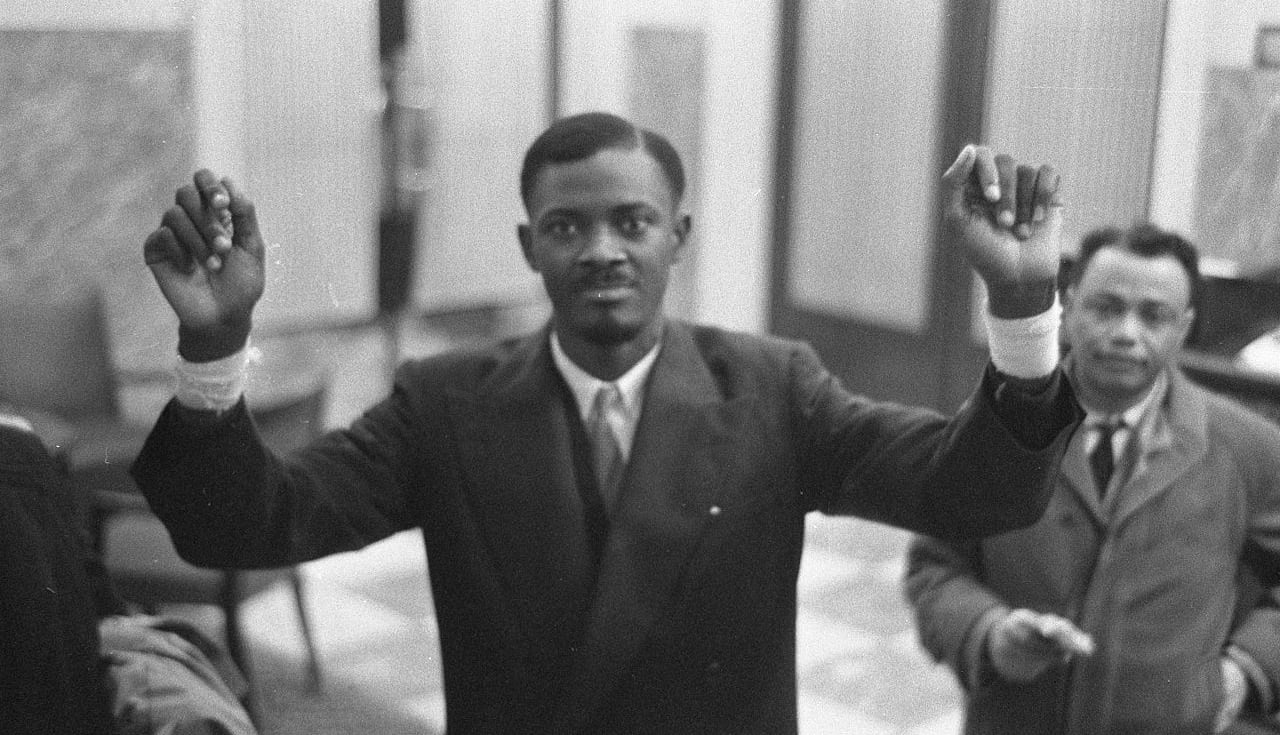Patrice Lumumba - The Greatest African Politician
Patrice Lumumba, in full Patrice Hemery Lumumba, (born July 2, 1925, Onalua, Belgian Congo [now the Democratic Republic of the Congo]—died January 17, 1961, Katanga province), was an African nationalist leader, the first prime minister of the Democratic Republic of the Congo (June–September 1960). He played a significant role in the transformation of the Congo from a colony of Belgium into an independent republic. Ideologically an African nationalist and pan-Africanist, he led the Congolese National Movement (MNC) party from 1958 until he was assassinated.
AFRICAN HISTORY


Patrice Lumumba, in full Patrice Hemery Lumumba, (born July 2, 1925, Onalua, Belgian Congo [now the Democratic Republic of the Congo]—died January 17, 1961, Katanga province), was an African nationalist leader, the first prime minister of the Democratic Republic of the Congo (June–September 1960). He played a significant role in the transformation of the Congo from a colony of Belgium into an independent republic. Ideologically an African nationalist and pan-Africanist, he led the Congolese National Movement (MNC) party from 1958 until he was assassinated.
Shortly after Congolese independence in 1960, a mutiny broke out in the army, marking the beginning of the Congo Crisis. Lumumba appealed to the United States and the United Nations for help to suppress the Belgian-supported Katangan secessionists led by Moïse Tshombe. Both refused due to suspicions among the Western world that Lumumba ambiguously held pro-communist views. These suspicions deepened when Lumumba turned to the Soviet Union for assistance, which the CIA described as a "classic communist takeover". This led to growing differences between President Joseph Kasa-Vubu and chief-of-staff Joseph-Désiré Mobutu, as well as with the United States and Belgium, who opposed the Soviet Union in the Cold War.
After Mobutu's military coup, Lumumba attempted to escape to Stanleyville to join his supporters who had established a new anti-Mobutu rival state called the Free Republic of the Congo. Lumumba was captured and imprisoned en route by state authorities under Mobutu. He was handed over to Katangan authorities and executed in the presence of Katangan and Belgian officials and officers. The bodies were then thrown into shallow graves, but later dug up and destroyed.
Following his assassination, he was widely seen as a martyr for the wider pan-African movement. Over the years, inquiries have shed light on the events surrounding Lumumba’s death and, in particular, on the role played by Belgium, and the United States. In 2002, Belgium formally apologized for its role in the assassination.
The reasons that Lumumba provoked such intense emotion are not immediately evident. His viewpoint was not exceptional. He was for a unitary Congo and against division of the country along ethnic or regional lines. Like many other African leaders, he supported pan-Africanism and the liberation of colonial territories. He proclaimed his regime one of “positive neutralism,” which he defined as a return to African values and rejection of any imported ideology, including that of the Soviet Union.
Lumumba was, however, a man of strong character who intended to pursue his policies regardless of the enemies he made within his country or abroad. The Congo, furthermore, was a key area in terms of the geopolitics of Africa, and because of its wealth, size, and proximity to white-dominated southern Africa, Lumumba’s opponents had reason to fear the consequences of a radical or radicalized Congo regime. Moreover, in the context of the Cold War, the Soviet Union’s support for Lumumba appeared at the time as a threat to many in the West.
